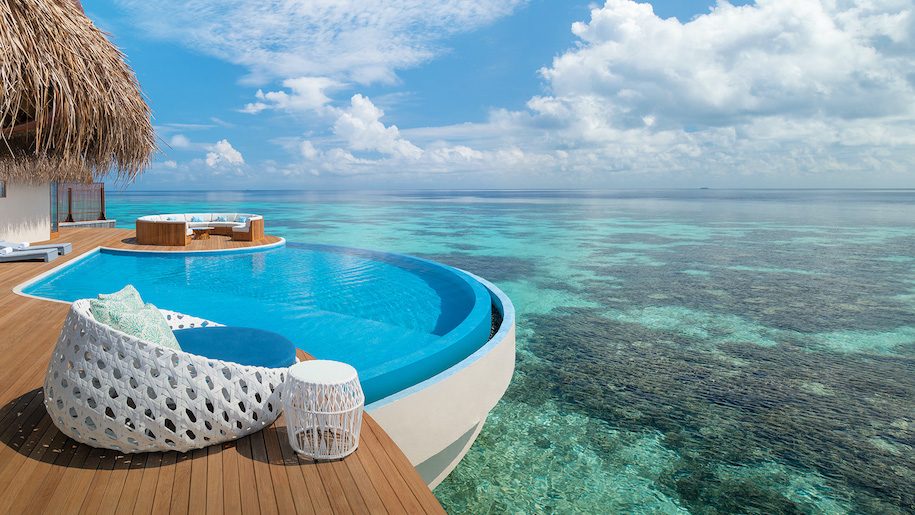A lawsuit against Marriott inside the Superior Court of the District of Columbia may also very well bring about the enterprise and its franchisees paying hundreds of thousands of dollars in restitution for resort charges that it’s far accused of deceptively charging visitors. But it’s miles not going to take away the practice from the resort enterprise altogether, professionals say. And those hospitality groups who drop resort fees below this new stress may tack amenity expenses onto supplied room costs to atone for the loss of sales from inn costs. According to Bjorn Hanson, hospitality representative and previous clinical professor at the NYU Jonathan M. Tisch Center for Hospitality and Tourism, this has risky implications for customers and hoteliers alike.
Guests, for one will, should pay higher occupancy taxes at checkout. Hotel proprietors should also cope with a listing decrease on 1/3-party reserving sites, including Priceline or Expedia. Larger unit resorts will mainly be at an aggressive disadvantage in this state of affairs, as they require greater hotel costs than smaller lodges with fewer perks to provide. Common facilities resorts charge customers for include access to gyms, rooftop bars, swimming pools, online casino credits, transportation, newspapers, and water bottles in rooms. On occasion, the trouble is not laid out to clients upon booking stays online or guest folios, consistent with case documents. “The government can also use public family members to reduce amenity costs. However, it’s not likely,” stated Hanson. “It’s now not the authorities’ region to tell organizations how to charge. It is their process to behave in the patron’s favor, making this match a disclosure problem.”
 Road to Transparency
Road to Transparency
Regardless of the lawsuit’s result, transparency may be the actual winner of the litigation, Hanson delivered. The case also rings the loudest alarm at the industry for broadly deploying a previously reserved strategy for vacation destinations as currently as 2015. “The real takeaway from this lawsuit is to have a critical jurisdiction record towards a huge organization,” said Hanson. “Other motels will have to wait and see what takes place, but different states and jurisdictions will feel that now is the time to head after them.”
Marriott isn’t always the best motel institution profiting from lodge fees. But lawmakers are going after the chain first for the equal reason one could target McDonald’s or Walmart — it’s miles the biggest fish in the pond, consistent with Howard Adler, professor of lodge management and director of the Center for the Study of Lodging Operations at Purdue University.
Marriott presently has more than 7,000 residences available worldwide, owning less than 30 motels. The emblem has to tread softly while drawing near its loads of franchisees about how to manage in price language and practices after its pending litigation is settled, Adler said. This is mainly actual if Marriott is compelled to pay up. While the agency does rate its franchisee’s control and incentive expenses, asset owners pocket the bulk of income from hotel costs.
“Define it, and clients will likely be very well with it,” stated Adler, adding that one potential solution could be for the lodge industry to permit visitors to choose one-of-a-kind amenity programs, just like cruise traces services. “Hotels look at each different the manner airlines do,” he stated. “Hilton, IHG, and Marriott account for many available rooms worldwide; however, they know what’s happening with each other. So if one creates uniform guidelines [with franchisees], the industry will observe suit.”
Marriott did not reply to requests for comment correctly. However, in an interview with LinkedIn on Friday, CEO Arne Sorenson said, “We’ve been speaking to the legal professional generals of many states for some of the years. D.C. Withdrew, sort of on the closing minute, and determined to make a bigger check case out of it. We’ll manifestly combat it, assume it’s wrong, it [resort fees] are nicely disclosed, and we’ll go through it.”


















